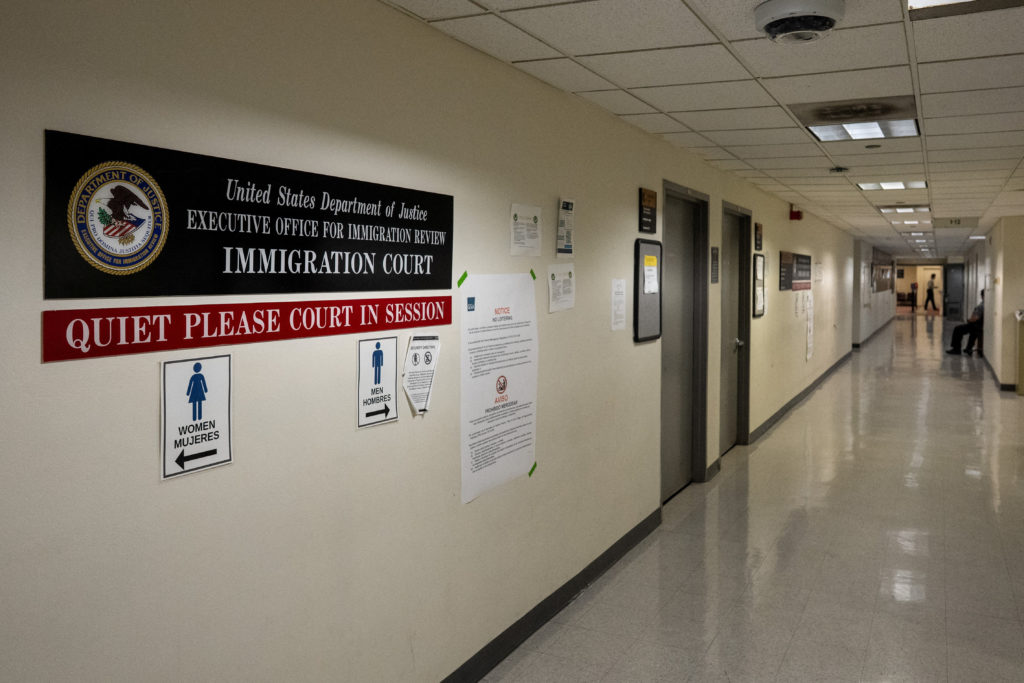Defense Secretary Authorizes 600 Military Lawyers as Temporary Immigration Judges to Address 3.5 Million Case Backlog
Defense Secretary authorized 600 military lawyers as temporary immigration judges for the Justice Department, addressing a 3.5 million case backlog in the nation's immigration courts.
Subscribe to unlock this story
We really don't like cutting you off, but you've reached your monthly limit. At just $5/month, subscriptions are how we keep this project going. Start your free 7-day trial today!
Get StartedHave an account? Sign in
Overview
- The Defense Secretary has authorized up to 600 military lawyers, including both military and civilian personnel, to serve as temporary immigration judges within the Justice Department.
- The military will deploy these attorneys in groups of 150 to fill temporary judicial roles, with assignments lasting up to 179 days and potential for renewal.
- This measure aims to address a significant backlog of approximately 3.5 million cases currently facing the nation's immigration courts.
- The authorization follows the departure or firing of over 100 immigration judges under the Trump administration, contributing to the judicial shortage.
- The overall immigration court backlog, now at 3.5 million cases, has seen more than half added under former President Joe Biden's administration.
Report issue

Read both sides in 5 minutes each day
Analysis
Center-leaning sources frame this story by portraying the administration's use of military lawyers as a questionable and potentially inadequate solution to the immigration court backlog. They collectively emphasize the unconventional nature of the move, the lowered qualifications for judges, and the significant concerns raised by experts and unions regarding the policy's effectiveness and underlying intent.
Articles (8)
Center (3)
FAQ
The Defense Secretary authorized up to 600 military lawyers as temporary immigration judges to address the severe backlog of approximately 3.5 million cases in immigration courts caused in part by a shortage of judges following the firing or departure of over 100 immigration judges during the Trump administration.
The military lawyers will be deployed in groups of 150 to serve as temporary immigration judges with assignments lasting up to 179 days, with the possibility of renewing their assignments.
The immigration court backlog has reached around 3.5 million cases, with more than half added during the Biden administration. By the end of 2024 and into 2025, the backlog has been reported to exceed 3.7 million to almost 4 million cases, indicating an unprecedented strain and record-setting backlog in the U.S. immigration system.
The backlog has contributed to very high denial rates for asylum cases, with recent data showing denial rates above 70%. The increased backlog and aggressive government opposition in court have made asylum approvals more difficult.
Among the millions of pending immigration cases, a significant portion of immigrants—about 59% in 2 million cases—are navigating their deportation proceedings without legal representation, which complicates their ability to defend their cases effectively.
History
- 2M

 4 articles
4 articles





